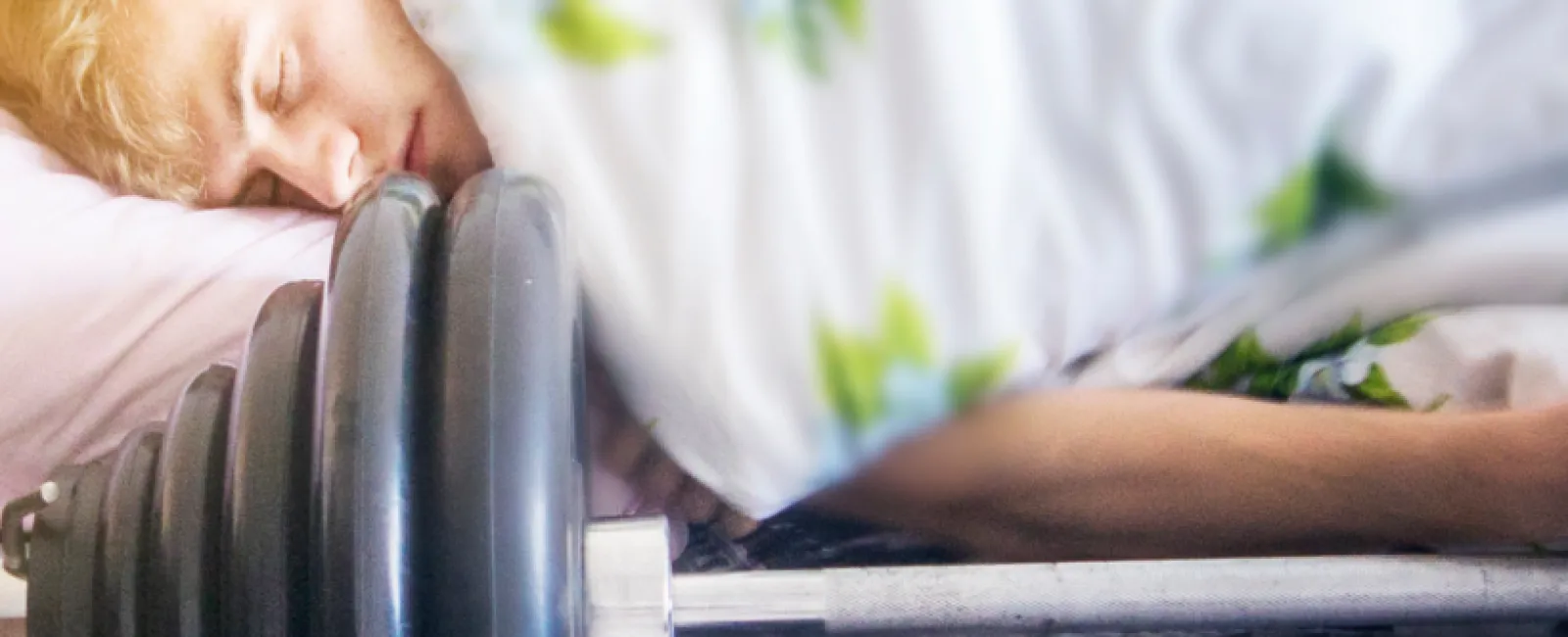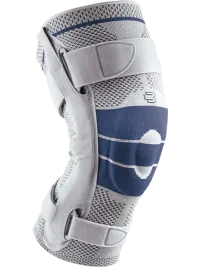With the heavy presence of social media, many student-athletes are not getting the necessary eight hours of sleep needed for brain and muscle cell recovery. This is just one of the five variables that they control. The other four are nutrition, hydration, conditioning, and mental preparation. With that being said, below are 5 benefits to getting better sleep as an athlete:

- IMPROVED REACTION TIME It doesn't really matter what sport you play, reaction time is vital. Hitting a softball or baseball, firing off the ball on both sides of the line of scrimmage in football, and playing defense in basketball or soccer all require athletes to react quickly and nimbly. While shocking, studies have found that that being awake for 22 hours straight can slow your reaction time more than four alcoholic drinks can!
- REDUCED INJURY RATES, IMPROVED OVERALL HEALTH According to the Journal of Pediatric Orthopedics, athletes grade 7-12 who slept less than eight hours per night were 1.7 times more likely to experience an injury compared with those who slept more than eight hours. For each additional grade in school, athletes with less sleep were 1.4 times more likely to have an injury! Second, fatigue affects the body's immune system, making athletes more susceptible to illness. Last, and importantly, shorter sleep periods do not allow the body time to regenerate its muscle and brain cells after long practices and games.
- LONGER PLAYING CAREERS According to Dr. Christopher Winter of Martha Jefferson Hospital Sleep Medicine Center, one recent study of Major League Baseball players has shown that fatigue can shorten the playing careers (and therefore income) of professional athletes. It's a great reminder that sleepiness impairs performance!
- BETTER ACCURACY, FASTER SPRINT TIMES A study performed with the University of Stanford men's basketball team found that after a 7-week extended sleep schedule with 10 hours of sleep the goal, players demonstrated faster timed sprints. In addition, free-throw percentage increased by 9% and 3-point shooting percentage increased by 9.2%. Similar performance improvements after sleep extension have been seen in tennis, swimming, weightlifting and more.
- FEWER MENTAL ERRORS Sleep loss impairs judgement. Numerous studies have shown motivation, focus, memory, and learning to be impaired by shortened sleep. Without sleep, the brain struggles to consolidate memory and absorb new knowledge. Sleep loss also has a negative effect on decision-making such as sensitivity to risk-taking, moral reasoning and inhibitions.
In closing, sleep is a crucial factor in success, both in the classroom and on the playing field. It improves reaction times and motor function, increases motivation and focus, helps with stress regulation, aids in muscle recovery, enhances memory and learning, lowers injury risk andillness rates, and also benefits weight regulation.
Tapping into these key benefits of sleep takes one simple step - try it! Set a goal of getting one extra hour of sleep per night, and track your progress in these 5 areas. The positive effects of additional sleep may surprise you!
- www.fatiguescience.com/5 ways-sleep-impacts-peak-athletic-performance/
- J Pediatric Orthopedics. 2014 Mar;34 (2): 129-33
- Moderate sleep deprivation produces impairments in cognitive and motor performance equivalent to legally prescribed levels of alcohol intoxication. www.ncbi.nlm.hih.gov/pmc/articles/PMC1739867. William A Feyer (2000)

